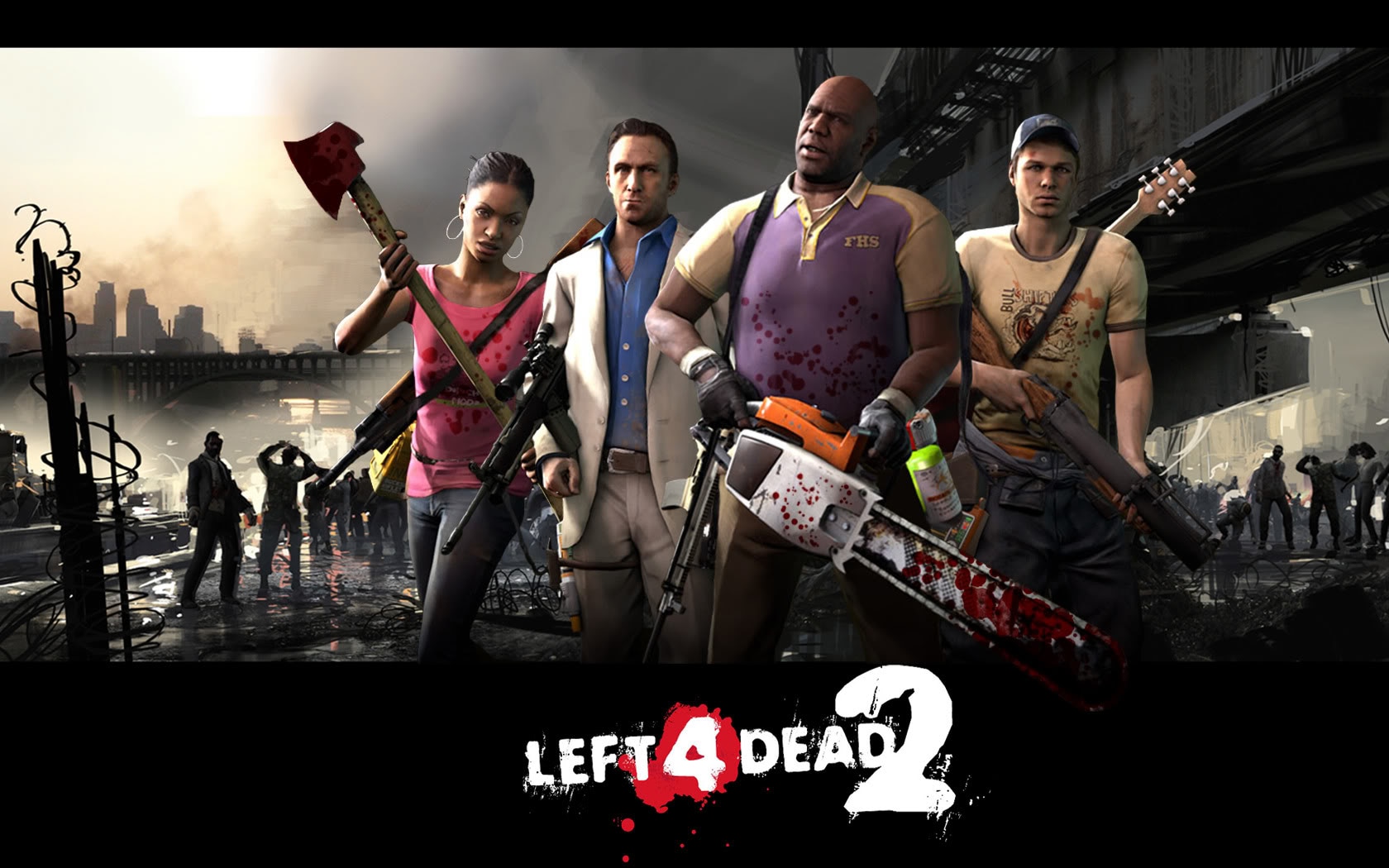The Moral Dilemma of Left 4 Dead 2: A Gamer’s Perspective
In the world of Left 4 Dead 2, players are thrust into a battle for survival against hordes of zombies. However, the game presents a unique challenge beyond the threat of the relentless horde: the moral dilemmas faced by players themselves.
Left 4 Dead 2 is the sequel to award winning game Left 4 Dead developed by Valve, it's a cooperative game where players must work together to survive against zombies. The game emphasises teamwork, but it also introduces a twist: other players can become enemies. This dynamic adds a layer of complexity, as players must navigate not only the zombie threat but also the potential betrayal of their teammates.
A Personal Dilemma
“Help us! Come out and help!” I hear my teammates scream. One is already dead, another is being ravaged by a hunter while the other is strung up by a smoker. If I left now it would mean game over.
Imagine this scenario: your team is in a dire situation. One teammate is being attacked by a hunter, another is hanging from a building by a smoker, and the third is lying motionless on the ground. They are all calling for help over voice, but you are safe within the safe room. Leaving means risking your own life and potentially starting over if you fail to save them. Staying means abandoning your teammates to their fate.
This is the kind of moral dilemma players face in Left 4 Dead 2. The decision to leave or stay is fraught with consequences, and it forces players to confront their own values and priorities.
Understanding Player Behaviour
Brian Sutton Smith, in his work ‘The ambiguity of play,’ suggests that some players "[enjoy] the power of being a cause" or seek empowerment through play. This could explain why some players choose to leave others behind, finding satisfaction in their own survival. However, this isn’t always the case.
Miguel Sicart, in ‘The Design of Ethical Gameplay,’ introduces the concept of cognitive friction. This is the resistance encountered by the human intellect when dealing with complex systems of rules that change as the problem evolves. Players who leave others for dead may genuinely believe they are making the right decision for the team’s progress, even if it means sacrificing their teammates.
The consequences of these decisions are profound. Teams may choose to eliminate the weakest member to conserve resources and avoid potential friendly fire. While this might seem like a strategic move for the team, it leaves the discarded player feeling useless and betrayed.
Conclusion
Left 4 Dead 2 is more than just a game; like most media, it’s a reflection of human nature and the choices we make under pressure. The moral dilemmas it presents challenge players to consider not only their own survival but also the impact of their actions on others. Whether driven by a desire for empowerment or a belief in strategic necessity, these decisions shape the gaming experience and leave a lasting impression on those who play.
I stayed, they died. We progressed to the next level.
